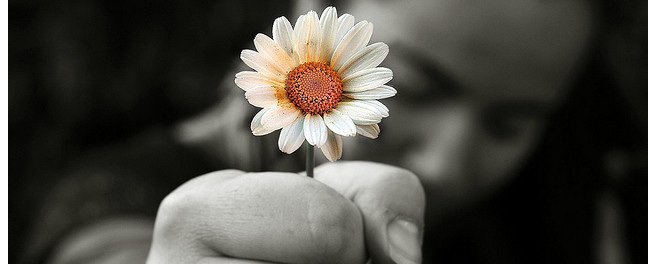When Religion Becomes Ritual
 All religions have rituals—things we do because . . .
All religions have rituals—things we do because . . .
Sometimes the reason why is forgotten and perhaps was never known.
There was the professional cook who always chopped off the top of the roast and laid it beside the larger portion of meat in her large roasting pan. She did this for years before anyone asked why. Why? Her mother had prepared the roast that way. Ends up her mother’s roasting pan was too small for a full-sized roast. She had cut the roast to make it fit. It had become a ritual without a cause!
One of the rituals or rites of the Church is the celebration of the Eucharist or Holy Communion. It shifts throughout history between being an occasional part of the worship to a mandatory part of the service. Some even claim you cannot worship without it.
Oddly, Holy Communion, with the deepest of religious meaning attached, tends to incite passionate debate or even conflict in the Church.
- How often should it be offered?
- How old must you recipients be to partake?
- What is the age of understanding? Does anyone really understand?
- Shall we use wine or grape juice?
- How shall the elements be offered? Individual glasses, chalice, intinction?
- Can people touch the elements?
- Should people kneel or stand?
- Who is qualified to lead the service?
The answers to these questions run a wide gamut and can be hotly debated even after 2000 years.
Rituals need safekeepers. Safekeepers need to justify their role as safekeepers. Having rules adds authority to the ritual. So a command given to a rugged group of disciples soon has ornate robes, silver service, and approved language that is guarded by the safekeepers.
Another ritual is the passing of the peace. Passing the peace is much easier than actually keeping the peace.
Most churches do this every week. At times it is a quite mindless greeting. In other congregations, the time for passing the peace becomes a social free for all. Now, churches have hand sanitizers available so we can pass the peace without sending one another to the grave.
Guaranteed: those who are hurting within the church are receiving the passing of the peace with mixed emotions, which is likely to go unnoticed as long as the bounds of the ritual are kept.
Are these rituals healthy when they are so ingrained in our worship that the actual ritual replaces its own meaning?
